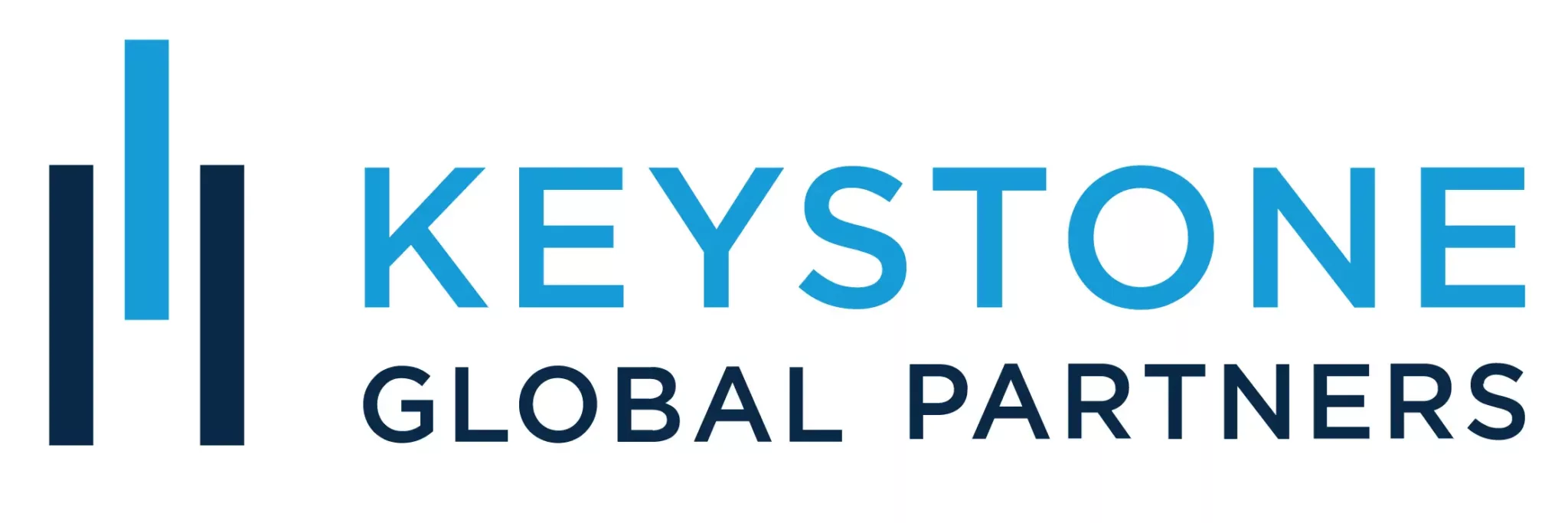Company founders and venture capitalists (VCs) alike recognize that starting and investing in early-stage companies not only contributes to economic growth and job creation but also allows them to enjoy a Qualified Small Business Stock (QSBS) tax benefits. These QSBS tax benefits can potentially save millions in taxes.
In this article, I will cover the basics of the QSBS tax benefits and review a couple of simple examples, QSBS eligibility, QSBS traps, and discuss the Section 1045 rollover strategy. For those interested in more advanced QSBS advisory that we employ, you can start with our QSBS stacking article.
In our extensive experience supporting founders and entrepreneurs, we are often surprised by how few individuals are familiar with the QSBS tax benefits. The Qualified Small Business Stock provision, outlined in Section 1202 of the Internal Revenue Code, offers a significant tax incentive for those investing in eligible small businesses.
The QSBS tax benefit potentially excludes up to 100% of capital gains taxes from federal income taxation, and often estate tax as well. What do you think of a 0% tax rate?
Real World QSBS Tax Scenario
To see the impact of QSBS tax benefits at work, picture a founder whose business is being acquired by a public company. The founder was interested in financial planning to understand how her personal balance sheet would look post-acquisition. We worked with her company’s legal team and accountant to acquire a QSBS representation from the company and modeled out the founder’s effective tax rate.
Here’s how the situation around receiving the QSBS tax benefit unfolded: The founder held shares in “XYZ Co.,” which qualified as Section 1202 stock. She acquired these shares in October 2016 at essentially a zero dollar basis.
Several months after meeting the five-year holding period in 2021, a publicly traded company, “Big Co.,” purchased XYZ Co. for a substantial premium. This yielded her approximately $15 million of shares in Big Co.
She held onto her shares until they were worth $20 million and sold them. The initial $10 million capital gain received the QSBS tax benefit of full exclusion from taxation as a Section 1202 gain, while the remaining amount was subject to standard taxation at long-term capital gains rates.
QSBS Tax Benefits in a Nutshell
The Qualified Small Business Stock (QSBS) exclusion details how gains on the sale of a qualified small business may be shielded from taxation. When a sale occurs, business owners and investors meeting specific criteria generally can enjoy QSBS tax benefits by excluding the higher amount between $10 million or 10 times the initial basis from taxation. Those who invest time in seeking guidance on their eligibility status might discover a substantial tax benefit.
I suggest maintaining detailed records as it relates to QSBS tax treatment. Any documentation confirming the company’s status as a qualified small business as of a specific date and falling below the $50 million asset limit will be helpful for claiming QSBS tax benefits. It’s advisable for founders to proactively gather such information early on to streamline the process.
QSBS Tax Benefits Eligibility
Naturally, there are numerous terms and conditions to consider. To qualify for QSBS tax benefits, founders and investors need to have maintained ownership of the stock for a minimum of five years. The stock issuance must have occurred post August 10, 1993, and ideally, to secure a full 100% exclusion without any AMT add-back, it should have been issued after September 27, 2010. The stock must also have been issued by a domestic C corporation with gross assets not exceeding $50 million at the time of issuance. Lastly, the company should at least have 80% of its assets actively utilized in a qualified trade or business with the exemption of excluded categories such as, but not limited to: finance, professional services, mining/natural resources, hotel/restaurants, farming, or any business where the reputation of the business is dependent on the skills of one or more employees.
Additionally, many states, such as California, do not conform or follow the federal tax treatment of the QSBS tax benefits. Some of the common pitfalls that may cause owners and investors to become ineligible for the exclusion include not paying enough attention to redemptions of stock or failing the gross-asset test by holding excessive amounts of cash and other non-qualified assets in the company. And while S corporations have traditionally had some advantages, this will disqualify you for the QSBS exclusion.
QSBS Tax Treatment Trap
Don’t be that guy! An unfortunate situation we came across was while planning for exit with a group of early-stage employees whose company was being acquired. One of the items on our punch list was to help them determine whether they might qualify for the QSBS tax benefits.
And it looked like they would until we learned that, in the company’s history, the shares had been bought back by the company. It was determined the redeemed stock, albeit a small amount in the grand scheme of things, exceeded the “de minimus” amount. Not good.
Not only did this disqualify the founder from QSBS tax benefits, but it spoiled the company stock for QSBS tax treatment purposes for others as well. Read more in our introduction to QSBS eligibility if you haven’t already.
Navigating QSBS Tax Benefits Ineligibility: Section 1045 Solution
The five-year holding period is a strict rule in order to be eligible for QSBS tax benefits. Unfortunately, the timing of a sale isn’t always within founders’ and investors’ control.
The reality is that numerous acquisitions occur prior to the five-year mark, which results in a disqualification for QSBS tax treatment. Section 1045 can salvage the opportunity in certain scenarios.
Roll with it. Section 1045 of the Internal Revenue Code allows a founder or stockholder, whose company has been sold before the five-year holding period, to defer the capital gains by rolling the sale proceeds into another qualified small business. To qualify, the stock must have been held for more than six months, and the rollover must take place within 60 days of selling the original QSBS. Essentially, you have the option to reinvest some or all of your sale proceeds into another small company and qualify for QSBS tax benefits.
Finding another high-quality QSBS tax treatment eligible investment within 60 days is quite challenging. While we don’t like the tax tail to wag the investment dog, it’s good to be aware of this in a situation for if and when circumstances are favorable. We’ve seen it work swimmingly.
Key Takeaways
Assessing a company’s, its owners’, and its investors’ eligibility for the QSBS tax benefits demands careful planning and teamwork among tax, legal, and wealth advisors. However, given the potential for gains of up to $10 million – or even more in certain cases such as QSBS stacking or QSBS packing—being exempt from taxation, the effort is undoubtedly worthwhile.
Read more about this subject in our published article written by our cofounder, Peyton Carr, on Forbes.com.
FAQs
What Disqualifies Someone From QSBS Tax Benefits?
Several factors can disqualify a business from being classified as Qualified Small Business Stock (QSBS). These include specific redemptions, holding excessive cash or non-qualified assets, and significant changes to the business model.
Additionally, S Corporations do not qualify, as the business must be a C Corporation. If the corporation’s assets exceed the designated threshold, it may also lose its eligibility. Another critical consideration around QSBS tax benefits is failing the gross asset test, which can result in disqualification.
Understanding these dis-qualifiers is crucial for businesses seeking to take advantage of QSBS provisions. By steering clear of these pitfalls, entrepreneurs can better position themselves for QSBS tax benefits.
How long do I need to hold stock before being eligible to receive QSBS tax benefits?
A minimum of five years. However, if the sale occurs prior to the five-year mark, a founder or investor could consider utilizing Section 1045 Rollover for a potential deferral of capital gains.
How do I get a QSBS Exemption?
To be exempt from taxation on capital gains up to $10 million, or even more in certain scenarios like QSBS stacking or QSBS packing, a business must meet the requirements for Qualified Small Business Stock (QSBS). This includes being a C Corporation with less than $50 million in assets and actively engaged in a qualified trade or business.
Additionally, the stock must be acquired through an original issue of stock after August 10, 1993. It is crucial to work with knowledgeable advisors who can help navigate the complex rules and regulations surrounding tax QSBS treatment and eligibility.
How is QSBS Taxed?
Qualified Small Business Stock (QSBS) is governed by specific tax regulations outlined in Section 1202 of the Internal Revenue Code. Investors may qualify for 1202 QSBS tax treatment if they meet certain criteria, such as holding the stock for more than five years and ensuring the issuing company qualifies as a small business.
Notably, investors can exclude up to 100% of capital gains – potentially up to $10 million or more, depending on the timing of the stock acquisition—from federal income tax. However, there are crucial limitations and requirements to consider, including that the company must be a C corporation and that the stock must be obtained at original issuance.
To qualify for QSBS tax benefits, it is vital for investors to thoroughly grasp these rules and seek guidance from tax professionals. This ensures they can optimize their tax advantages while remaining compliant with IRS regulations.
What is the five-year rule for QSBS tax benefits?
The five-year rule refers to the requirement that investors must hold their QSBS for at least five years to qualify for certain QSBS tax benefits. This includes the exclusion of capital gains from federal taxes (and some states) when they sell the stock.
This rule is part of the Internal Revenue Code Section 1202, which aims to encourage investment in small businesses. If the QSBS is held for the full five years, investors can potentially qualify for QSBS tax benefits and exclude up to 100% of their capital gains from taxable income, subject to certain limits and conditions.
Can an LLC qualify for QSBS tax benefits?
An LLC cannot qualify for Qualified Small Business Stock (QSBS) on its own. However, if an LLC is converted into a C corporation and the C corporation stock is held for five years while meeting the specific QBSS tax requirements, it can qualify for QSBS tax benefits.
This approach can be more advantageous than starting directly as a C corporation, as it allows you to exclude the greater of $10 million or 10 times your basis. If your basis in the LLC converted to the C corporation exceeds $1 million, you could potentially exclude more than $10 million. This strategy, known as QSBS packing, has many nuances, so careful planning and a thorough understanding of the rules are crucial to determine its viability.

